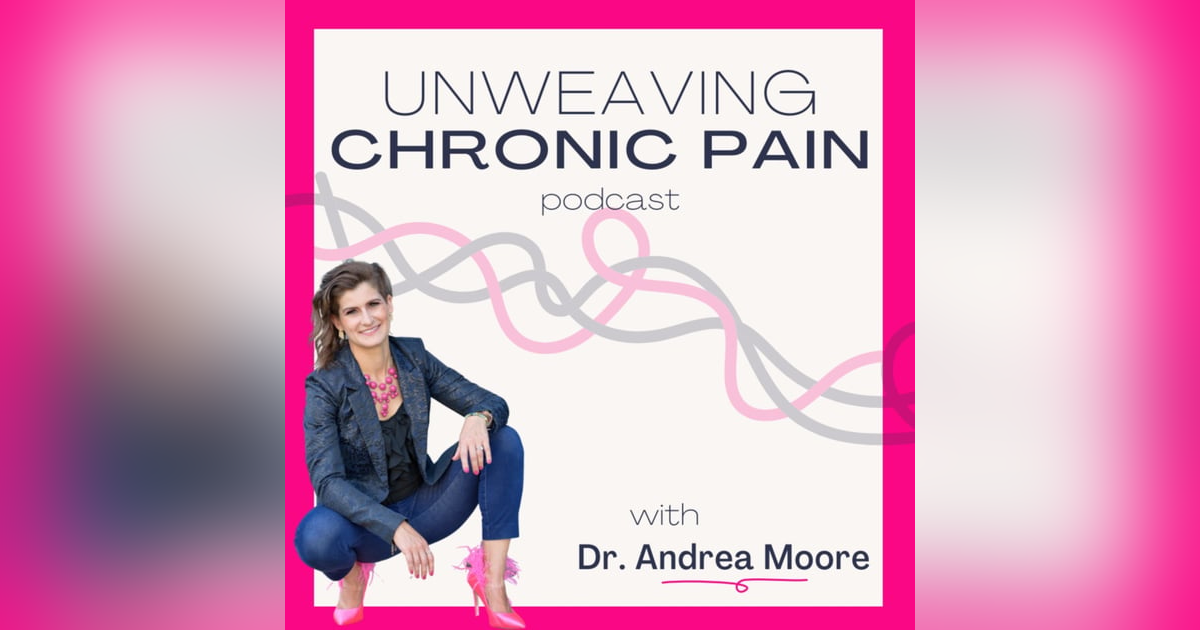The Interplay of Functional Nutrition & Narrative Medicine with Andrea Nakayama

Functional nutritionist Andrea Nakayama shares healing insights on chronic illness, narrative medicine, and breaking free from protocol-based wellness.
Follow Dr. Andrea Moore on Instagram: @drandreamoore for daily insights and tips to move out of the stuck zone.
- 💻 Ready to take the next step? Book your discovery call today: www.drandreamoore.com/schedule.
- 🌟 Learn more about the Whole Self Integration Method: www.drandreamoore.com.
Tired of chasing symptoms, following rigid protocols, or dropping thousands on lab tests—only to feel stuck in the same cycle? You're not alone. In this episode, I’m joined by Andrea Nakayama, Functional Medicine Nutritionist, educator, speaker, and host of the award-winning 15-Minute Matrix podcast.
Andrea shares how the conventional model—even when it's labeled "functional"—often misses the most critical piece of healing: the person. We explore how narrative, nervous system regulation, and foundational lifestyle shifts are often more powerful than the next flashy protocol.
This conversation is for anyone navigating chronic illness, burnout, or information overload—and wondering if there’s a simpler, more grounded way forward. Spoiler alert: there is.
✨ What You’ll Learn:
- Why lab tests and protocols often fail people with chronic conditions
- The power of narrative medicine and why your story matters
- How “slow down to speed up” might be the missing key to healing
- Andrea’s Three Roots, Many Branches framework
- What true functional nutrition looks like (and why it’s not just about food)
- Why nervous system safety is non-negotiable for digestion and healing
- How to navigate the gray area between restriction and nourishment
👤 Guest Bio:
Andrea Nakayama is an internationally known Functional Medicine Nutritionist, founder of the Functional Nutrition Alliance, and host of the 15-Minute Matrix podcast. She’s training thousands of practitioners worldwide in a root-cause, systems-based approach that’s revolutionizing care for people with chronic conditions. Her work empowers both patients and providers to move beyond cookie-cutter protocols and toward truly individualized healing.
🔗 Links & Resources:
- Andrea Nakayama’s Website
- Functional Nutrition Alliance
- 15-Minute Matrix Podcast
- Follow Andrea on Instagram: @andreanakayama
💥 Let’s Stay Connected:
- Follow me on IG: @drandreamoore
- Get my free resources and updates: www.drandreamoore.com
🎧 Enjoying the show?
Please leave a review on Apple Podcasts or Spotify. It helps more people find this work and unweave their own chronic pain patterns.







